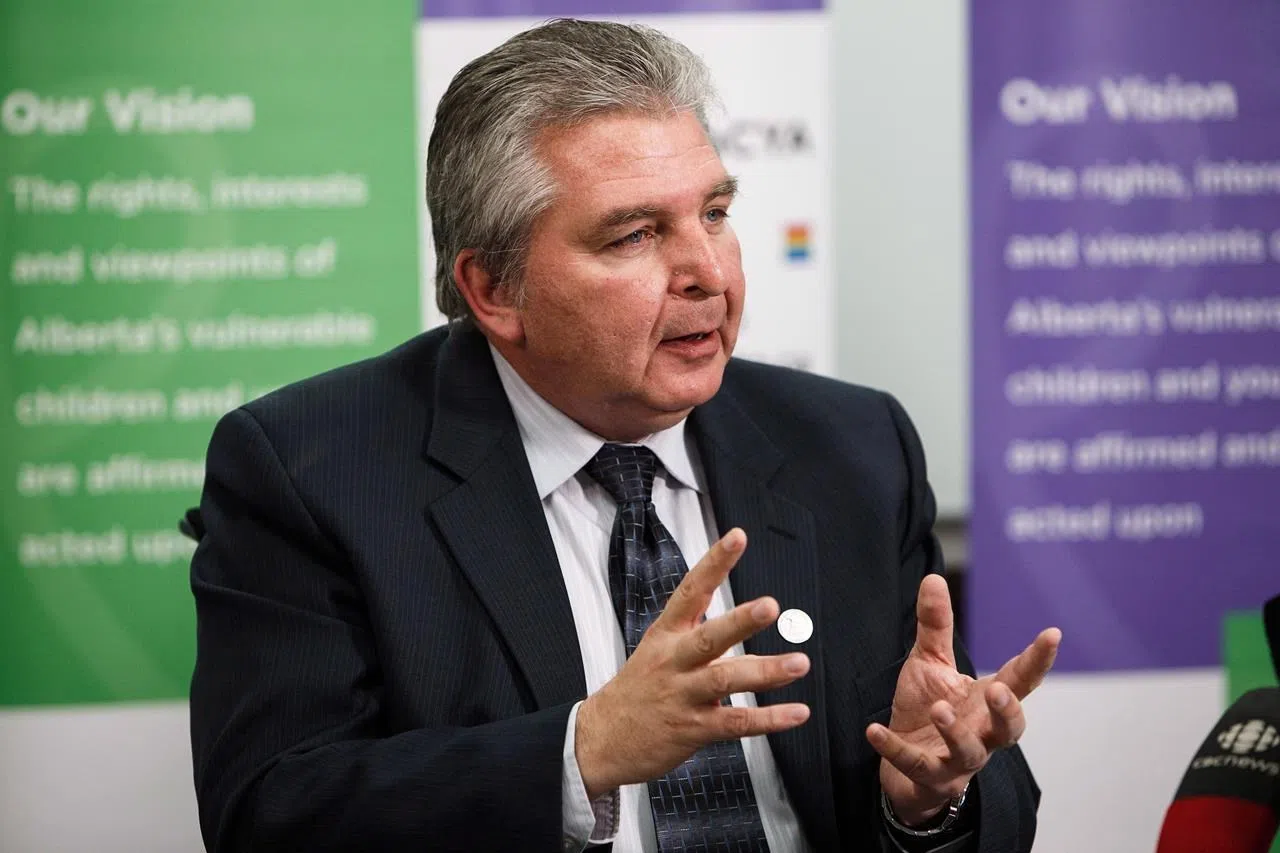
‘We must respond:’ Alberta child advocate urges help for youth opioid addicts
EDMONTON — Alberta’s child advocate wants the province to create a youth-specific response to the opioid crisis with a school curriculum that starts teaching students in elementary school about substance abuse.
Del Graff makes the recommendation in a report that outlines the deaths of a dozen teens from overdoses of drugs that include fentanyl and carfentanil.
“The deaths of these 12 young people puts the issue front and centre and as Albertans we must respond,” Graff said after his report was released Tuesday.
Last year, the province declared opioid-related deaths a public health crisis. The government has funded various projects to raise awareness and distribute life-saving kits containing the naloxone antidote.


